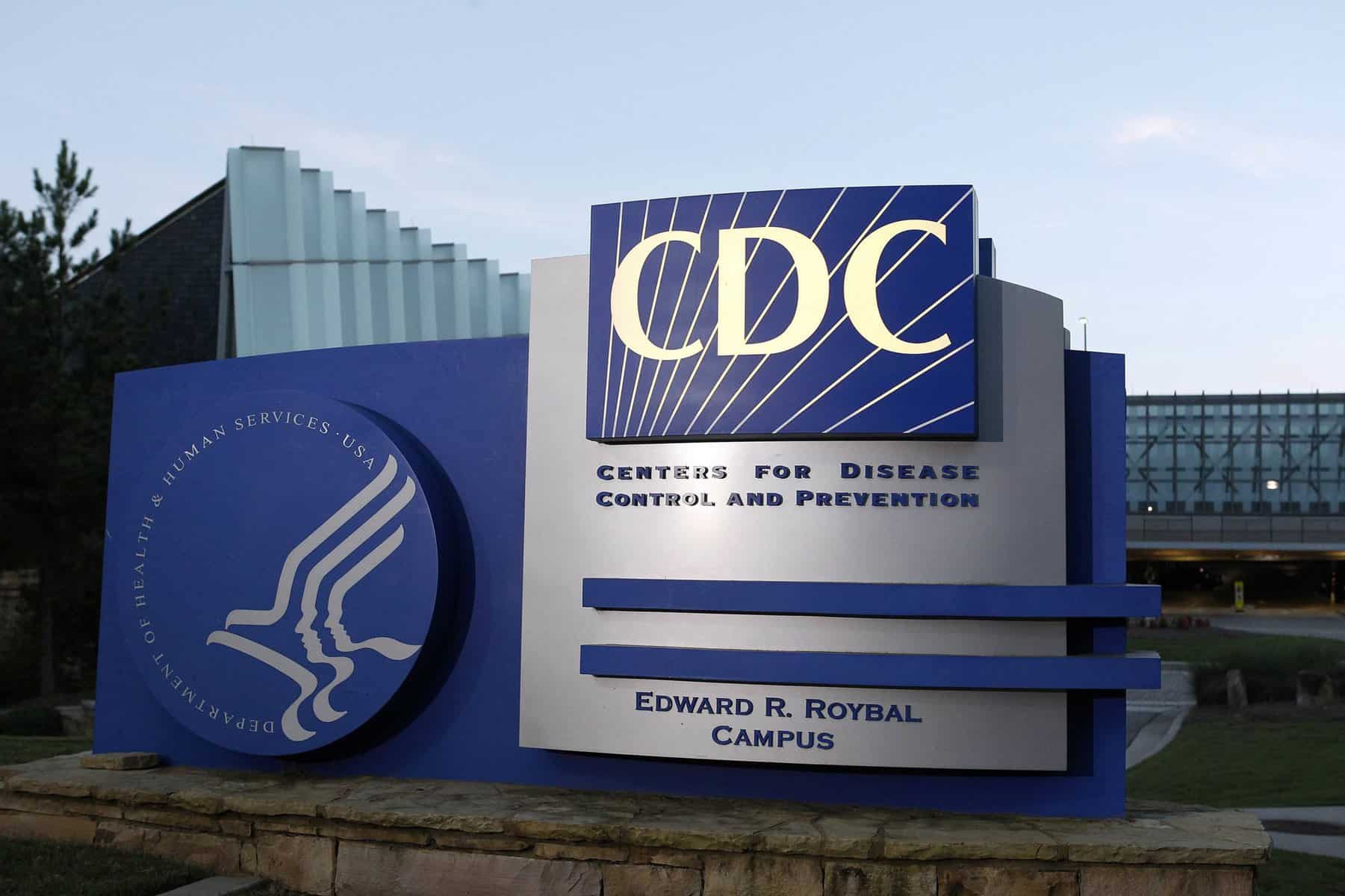
Science on weight gain and obesity related issuesIndustry scienceIs “diet” deceptive marketing?Scientific references Aspartame, one of the world’s most popular sugar substitutes, is found in thousands of sugar-free, low-sugar and so-called “diet” drinks and foods. Yet the scientific evidence described in this fact sheet links aspartame to weight gain, increased appetite, diabetes, metabolic derangement and … Aspartame is tied to weight gain, increased appetite and obesity

Key scientific studiesHistory of deceptive marketing Sucralose is the most widely used artificial sweetener in the United States. Most commonly sold under the brand name Splenda, sucralose is used in over 6,000 food products. It is often found in “diet” sodas including Diet Coke with Splenda, Diet Pepsi with Splenda, as well as Gatorade’s Propel … Sucralose: Emerging science reveals health risks

This article was first published by Huffington Post. By Carey Gillam It’s been a rough year for Big Soda, sellers of those sugary soft drinks that kids (and adults) love to chug. A June 16 decision by city leaders in Philadelphia to impose a “soda tax” as a means to discourage consumption of beverages seen … Beverage Industry Finds Friend Inside U.S. Health Agency

Milbank Quarterly: Public Meets Private: Conversations Between Coca-Cola and the CDC, by Nason Maani Hessari, Gary Ruskin, Martin McKee and David Stuckler (1.29.19) Conclusion: “The emails we obtained using FOIA requests reveal efforts by Coca-Cola to lobby the CDC to advance corporate objectives rather than health, including to influence the World Health Organization. Our findings … Conversations Between Coca-Cola and the Centers for Disease Control and Prevention